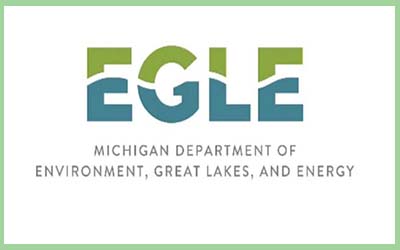
$3 million federal grant to help cut climate pollution
|
|

|
|

Press Release FOR IMMEDIATE RELEASE: March 23, 2023 CONTACT: Chelsea Wuth, 517-214-2112, WuthC@michigan.gov MDHHS launching Electronic Visit Verification system LANSING, Mich. – The Michigan Department of Health and Human Services (MDHHS) is implementing an Electronic Visit Verification (EVV) system to validate in-home visits for Medicaid recipients. This EVV system will ensure beneficiaries are receiving services as planned and authorized and improve accuracy of payments for services provided. Under Section 12006(a) of the 21st Century Cures Act, states are required to implement EVV for all Medicaid personal care services and home health services that require an in-home visit by a provider. The EVV system must verify type of service performed, along with the date, time and location of the service, as well as the individual receiving and individual providing the service. MDHHS awarded a $11.3 million, five-year IT contract to HHAeXchange to provide an EVV system that includes data collection, data aggregation and a pre-billing module to support MDHHS and its providers. HHAeXchange has successfully implemented more than 34 payers and is the EVV aggregator for the states of New Jersey, West Virginia, Alabama, Minnesota, Mississippi and Illinois. “MDHHS is fully committed to making the transition to EVV as easy as possible for stakeholders,” said Elizabeth Hertel, MDHHS director. “Personal care and home health providers will be able to use the free provider portal and its multilingual caregiver tools to report required information to enable the department to manage provider compliance and ensure participants are receiving appropriate services.” MDHHS will be implementing an “Open Vendor Model.” This model allows providers and managed care organizations to use the state EVV system at no cost, or an alternate EVV system of their choosing that directly integrates with the state system. HHAeXchange will support MDHHS by consolidating all visit data, regardless of the EVV tools being used. As the state-provided EVV system, the HHAeXchange platform will be used by providers and direct care workers serving more than 124,000 active participants across seven programs. “As states finalize their plans to roll out EVV programs, HHAeXchange has been at the forefront of helping them find the right solutions for their unique needs, while also meeting the requirements of the 21st Century Cures Act,” said Stephen Vaccaro, President of HHAeXchange. “We’re honored to now be serving payers and providers in the state of Michigan, empowering them with the resources they need to improve their communication, efficiency, and compliance, all the while delivering better outcomes for recipients.” In addition to bringing MDHHS into compliance with federal regulation, implementation of EVV will ensure beneficiaries are receiving services as planned and authorized, improve caregiver service accountability and accuracy of payment for services provided, enhance program integrity and compliance and increase efficiencies of program operations. MDHHS plans to begin transitioning providers to EVV in early 2024. Implementation will be staggered to allow adequate time for training and adoption by the stakeholders. |

|
|
|
|
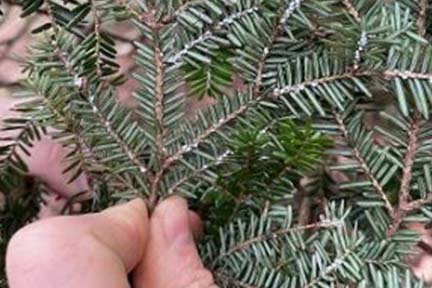
 |
|||||
– News Release – |
|||||
|
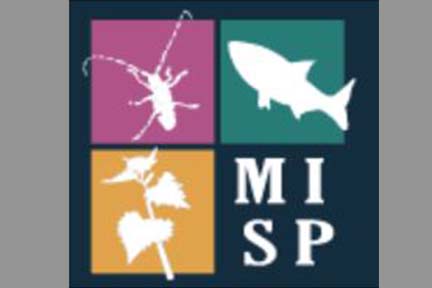
|
Michigan marks progress against invasive species, considers ways to meet new threatsUpcoming webinar provides a year in review Rock snot, spotted lanternfly, balsam woolly adelgid … these are just a few of the invasive species that 10 years ago weren’t on the public radar as threats to Michigan’s woods and waters. Today, however, thanks to the work of Michigan’s Invasive Species Program, university partners, nonprofits, volunteers and a robust network of cooperative invasive species management areas, there is greater awareness about the damages posed by these land and water invaders – but there’s still much work to do. The recently released Michigan Invasive Species Program 2022 Annual Report highlights recent successes, outlines what’s needed to meet future challenges, and points to simple steps everyone can take in actively protecting the outdoor places and experiences we love. Read the report ►The 2022 report discusses several topics, including:
Program historySince 2014, Michigan’s Invasive Species Program has received $5 million in annual state funding to prevent the introduction and spread of invasive species and minimize harmful effects of those already established in the state. This support has substantially enhanced the program’s work on aquatic organisms, supported a terrestrial species program and established the $3.6 million annual Michigan Invasive Species Grant Program. Looking aheadJoanne Foreman, invasive species communications coordinator with the Michigan Department of Natural Resources, will address the program’s progress and potential impacts of new funding in the upcoming NotMISpecies webinar, Rowing the Boat: The Michigan Invasive Species Program 2022 Year in Review (9 a.m. Tuesday, March 21). Registration information and recorded versions of previous webinars are available on the NotMISpecies webpage. Questions? Contact: Joanne Foreman at 517-284-5814. The Michigan Invasive Species Program is cooperatively implemented by the Michigan departments of Agriculture and Rural Development; Environment, Great Lakes, and Energy; and Natural Resources. |
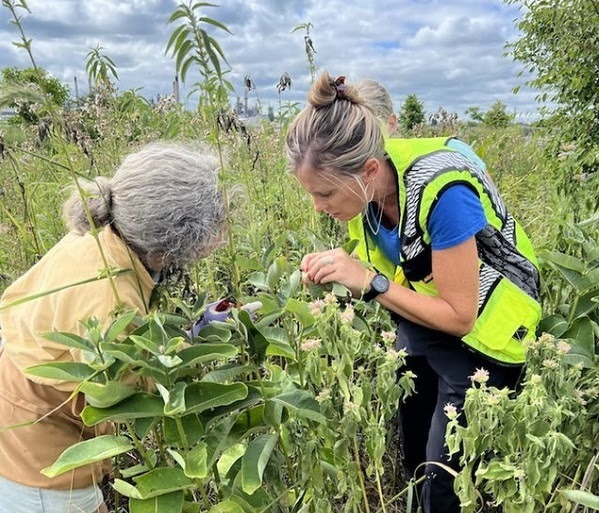
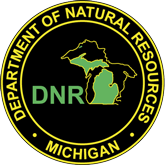



|
|